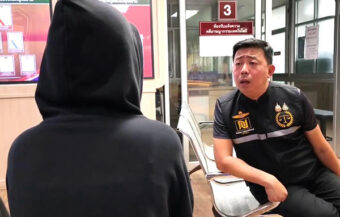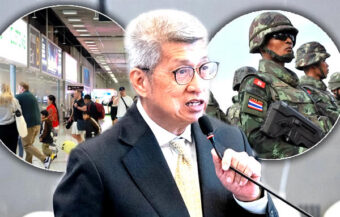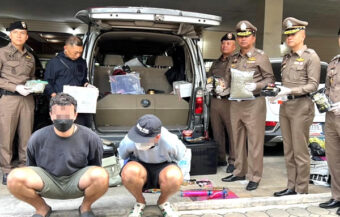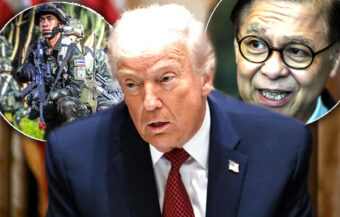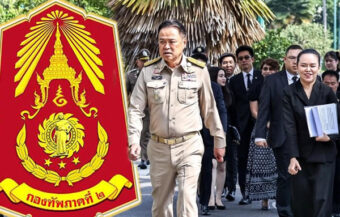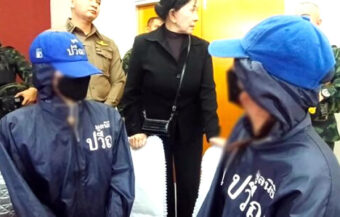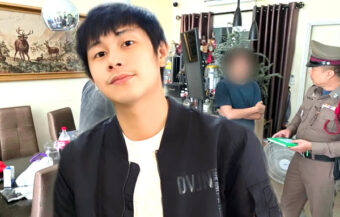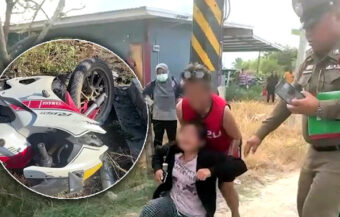Elon Musk slams Australia’s government as ‘fascists’ over proposed law to fine social media giants for disinformation. The standoff comes just days after X was blocked in Brazil, as global tensions rise over online content regulation.
Just over a week after his site went dark in Brazil, Elon Musk has found himself at war with Australia’s left-of-centre government under Prime Minister Anthony Albanese. The point of contention is a new law that proposes hefty fines on social media giants who fail to regulate disinformation. Musk launched a broadside on Friday and described the Australian administration as ‘fascists’ in what he sees as a campaign for absolute free speech. Certainly, the move comes amid increasing friction between American tech giants and the rest of the world, where such firms do not enjoy the same level of freedom as under the American First Amendment.
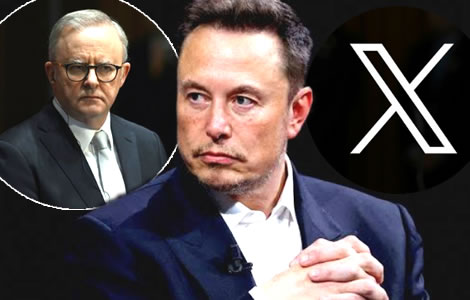
Billionaire Elon Musk has sharply criticised Australia’s government, calling them “fascists” in response to a proposed law targeting social media companies.
The legislation, aimed at combating disinformation and online scams, could impose hefty fines on platforms like Musk’s X (formerly Twitter) if they fail to comply with new rules.
Musk’s reaction came via a post on X, where he used the word “fascists” to denounce the Australian government’s plan.
The proposed bill would grant Australia’s media regulator the power to fine social media companies up to 5% of their global revenue for non-compliance. The bill is yet to be passed but has sparked heated debate.
Previous social media clashes with governments highlight the global regulatory pressure on tech giants
The clash comes after Facebook previously went dark for a short time in Australia. At the same time, both Facebook and Google face regulatory clashes in the European Union.
Significantly, no country outside the United States enjoys the same levels of free speech rights. In short, American First Amendment rights do not apply.
Undoubtedly, this is bound to be a continuous source of tension, certainly under present technical conditions.
Musk’s comments were met with strong pushback from Australian officials. Finance Minister Stephen Jones dismissed Musk’s remarks as “crackpot stuff,” emphasising that the law is about safeguarding Australian sovereignty. Bill Shorten, a senior Labor Party politician and former leader, accused Musk of only caring about free speech when it suited his business interests.
In a radio interview, Shorten said, “Elon Musk’s had more positions on free speech than the Kama Sutra.”
Musk’s clash with Australia follows a history of battles with global regulators over content moderation
This is not the first time Musk has clashed with the Australian government.
Earlier this year, the country’s eSafety Commissioner took X to court, demanding the removal of violent content related to a stabbing incident in Sydney. Musk accused the agency of censorship. However, a court eventually ruled in favour of X, dismissing the Commissioner’s case.
Musk’s latest spat with Australia highlights his ongoing battles with regulators worldwide. Last month, Brazil’s Supreme Court ordered X to be blocked. It came after the platform failed to remove accounts accused of spreading misinformation and hate speech.
X has been blocked in Brazil since Saturday, September 5. However, with a population of 215 million people and 20,000 service providers, this is difficult to enforce. Certainly, the increasingly controversial social media site is largely unavailable.
However, the use of apps and the rerouting of traffic by some providers makes it accessible. Furthermore, users can use VPN applications. In addition, some service providers are quite small and have not imposed the block.
Australia pushes laws to rein in tech giants as part of broader regulation on data privacy and online safety
Australia has been at the forefront of efforts to regulate the tech industry, particularly when it comes to social media companies.
French authorities in the spotlight over the controversial arrest of Telegram boss Pavel Durov over the weekend
Facebook to copy Twitter with its own paid-for blue check and verification service on its network in Thailand
In March, the government threatened Meta, owner of Facebook and Instagram, after it attempted to pull out of a landmark deal to pay news publishers for linking to their stories.
This week, Canberra introduced new data privacy measures targeting doxxing, the act of maliciously publishing personal details online. Under the proposed laws, offenders could face fines and up to seven years in prison.
Prime Minister Anthony Albanese’s government is also planning additional regulations to control how personal data is used by artificial intelligence systems.
Monique Azzopardi, a partner at Clayton Utz law firm, said these reforms give regulators more power. “These reforms give more teeth to the regulation,” she said. Australia’s push for more stringent regulation of social media platforms is part of a broader effort to address the dangers of online content, especially for younger users.
Australia proposes age restrictions on social media use amid growing concerns over child screen addiction
This week, the government proposed a minimum age limit for social media use. Prime Minister Albanese highlighted growing concerns about screen addiction among children. He likened it to the potential harm of cigarettes and alcohol.
The proposed age limit, which could be set between 13 and 16, would restrict access to popular platforms like TikTok and Instagram for younger users. Albanese voiced support for the plan, saying, “Parents want their kids off their phones and on the footy field, and so do I.” Australia’s opposition party, the Liberal Party, has promised to implement a similar age restriction within 100 days if they win the next election.
The state of South Australia has already begun working on legislation. It would force social media platforms to limit access for younger users. A trial launched this week will explore ways to prevent children from accessing pornography. In particular, while using social media.
The trial will cost A$6.5 million ($4.3 million) and is part of a broader strategy to protect young Australians online. However, some experts have expressed concerns about the feasibility and potential unintended consequences of such age restrictions. Dana McKay, a lecturer at RMIT University in Melbourne, argued that banning children from social media might do more harm than good. “What problem are we trying to solve, and is legislating kids the way to do it?” she asked.
Australia pursues global leadership in technology regulation raising tensions with international tech firms
Australia has been a global leader in regulating the tech industry. In 2021, the country passed a world-first law requiring tech giants like Facebook and Google to pay for news content shared on their platforms.
The law led to a temporary standoff between the Australian government and Facebook. The social media giant blocked news content on its platform before reaching a deal with regulators.
Musk’s X is the latest tech company to find itself at odds with Australian lawmakers. The proposed law targeting disinformation and online scams could add to the challenges facing the platform. Undeniably, X has already been scrutinised in various countries for its handling of harmful content.
As Australia pushes ahead with these reforms, the country’s tech policies are likely to face both domestic and international scrutiny. Critics argue that the government’s approach could stifle free speech. In contrast, supporters see it as a necessary step to ensure accountability in the digital age.
Join the Thai News forum, follow Thai Examiner on Facebook here
Receive all our stories as they come out on Telegram here
Follow Thai Examiner here
Further reading:
Voice TV ordered shut by a Thai court as action against media outlets proceeds despite assurances
Minister warns Facebook of possible legal action including Computer Crime Act criminal charges
Facebook under investigation over translation blunder as minister criticises the social network
Press conference given by activist and Progressive Movement leader checked by abrupt police visit
Rally’s march on Government House surprises officials with a larger turnout and police in retreat
Smaller crowd expected at rally on Wednesday as police gear up security cordon with checkpoints
Police say students have no permission to protest as army chief warns that security will be upheld
Criminal charges likely against student leaders as mysterious ‘People’s Party’ plaque goes missing
Western foreigners being blamed by ultra-right for this latest wave of radical student protests
Raised concerns for the defiant student protest being planned for next Saturday and Sunday

